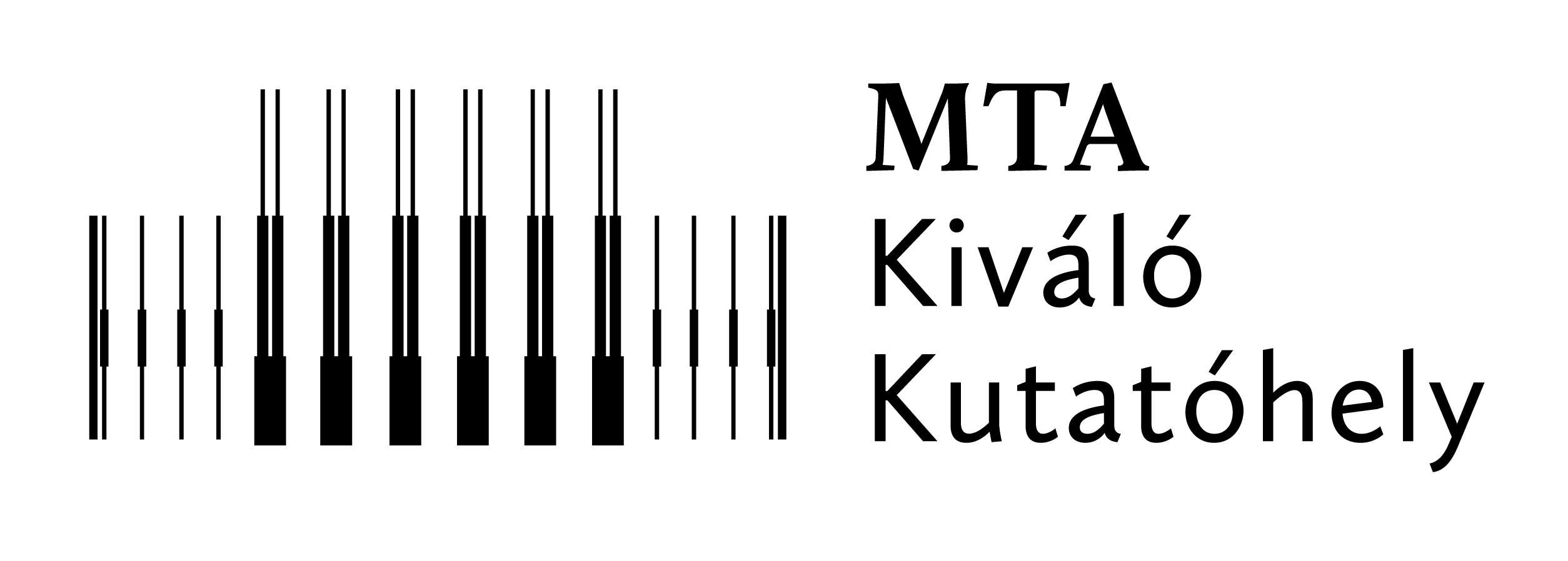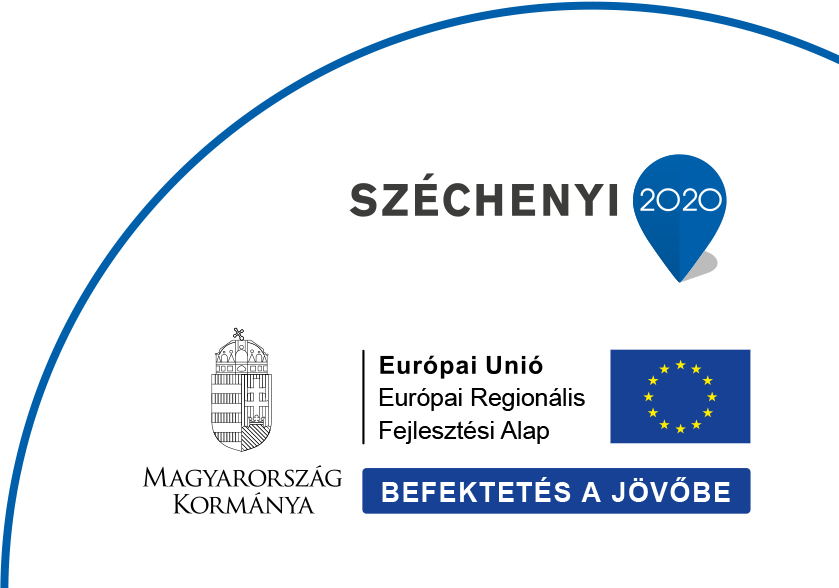Előadó: Naina Mukesh (Wigner RCP SZFI)
Előadás címe: Introduction of defects in silicon carbide for quantum technology
Dátum: 2023. október 24., 10:00
Helyszín: 1-es épület, második emeleti Tanácsterem
Összefoglaló:
I will summarize the research that I conducted as a PhD student to contribute to the development towards silicon carbide based quantum sensors.
Over the past ten years, the use of quantum dots in clinical research has been dominated by materials that provide a high risk of in vivo toxicity and approaches for decreasing application concerns which has been recently rewarded Nobel-prize in chemistry in 2023. Nevertheless, these quantum dots often consist of toxic elements that might be detrimental for human therapy. On the other hand, bioinert diamond and silicon carbide (SiC) nanoparticles represent appealing alternatives. Fluorescent nanodiamonds have additional functionalities with the nitrogen-vacancy color center which can be applied as a quantum sensor at ambient conditions. Nevertheless, nitrogen-vacancy color center is often not stable in molecular sized nanodiamonds where the size of the probes can be important in monitoring the biological processes, and their magneto-optical properties are not ideal for in vivo studies. Ádám Gali's research group has found that divacancy color center can be introduced into molecular-sized SiC nanoparticles which can be principally used as a quantum sensor under ambient conditions with favorable optical properties for biosensing.
In my studies, I used various methods to either directly introduce divacancy into porous SiC by irradiation and annealing treatments or to maximize the concentration of defects in SiC in the synthesis of SiC particles that can be used to form divacancy defects after post chemical treatments. In my talk, I will briefly show the methods that I used to prepare the SiC materials and to monitor the critical defect concentrations in these SiC samples.



